The Time of the Tar Sands (1975)
A promotional video produced by the Alberta government in 1975, "The time of the tar sands", featuring Gordon Pinsent. credit: Archives of Alberta.
A promotional video produced by the Alberta government in 1975, "The time of the tar sands", featuring Gordon Pinsent. credit: Archives of Alberta.
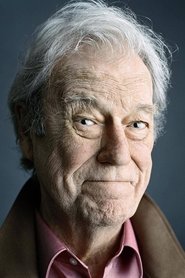 Gordon Pinsent
Gordon PinsentWhat will it really take, to transition from oil and coal, to the energies of tomorrow? SWITCH goes where no film has gone before, deep into the world's most restricted energy sites, to depoliticize competing power sources, make the technical accessible, and discover the truth of our energy future. Test audiences have raved, calling it, 'The most important energy film since An Inconvenient Truth.'
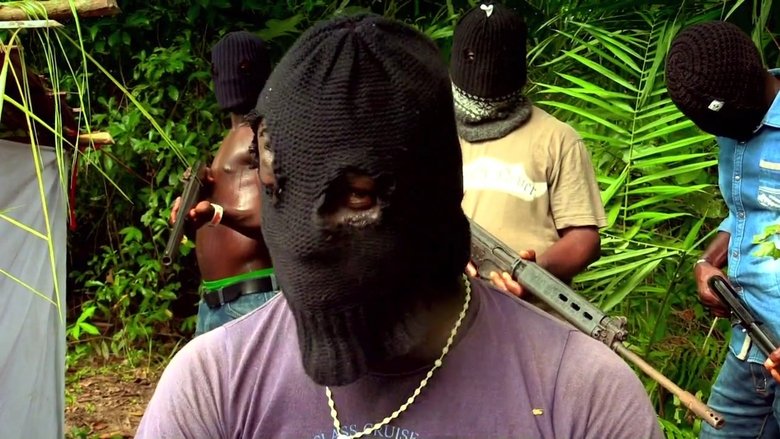
The French researcher Bertrand Monnet visits pirates in Nigeria and Somalia to learn how they make money from oil theft and kidnapping.

Terry Wilson is a 70-year-old lifelong resident of Meadowvale Village, Ontario's first heritage district. As development looms and begins to destroy Terry's favourite place in the world, he recreates pieces of history in his backyard, crafting an oasis where it feels like nothing has changed. A beautiful tribute to his childhood, his mother, and his town, Terry passionately fights to preserve history in a world that's too anxious for change.
An indie film crew throw caution to the wind when they attempt to shoot a completely improvised drama where the film's big twist is being kept secret from their lead actress, while also navigating on-set mishaps, bizarre twists of fate, and the first year of a global pandemic.
This documentary short offers a nostalgic look at the steam locomotive as it passes from reality to history. In its heyday, the big smoke-belching steam engine seemed immortal. Now, powerful and efficient diesels are pushing the old coal-burning locomotives to the sidelines, and the lonely echo of their whistles may soon be a thing of the past.
The documentary tells the little known story of thousands of Ukrainian and Eastern Europeans that were interned in Canadian camps during the First World War.
This documentary offers a glimpse into the 1997 federal election in the Halifax electoral district. Two strong female politicians, Liberal candidate Mary Clancy and NDP party leader Alexa McDonough, are caught in a tight competition in one of the most contested races in the country. Director Meredith Ralston follows the two women around the campaign trail for weeks, getting inside an election that was often described as “nasty.” Both larger than life and hungry to win, in quieter moments Clancy and McDonough reveal the strains and contradictions of their chosen careers. Why Women Run highlights the accomplishments of women in politics and the problems many women face participating in the political process.
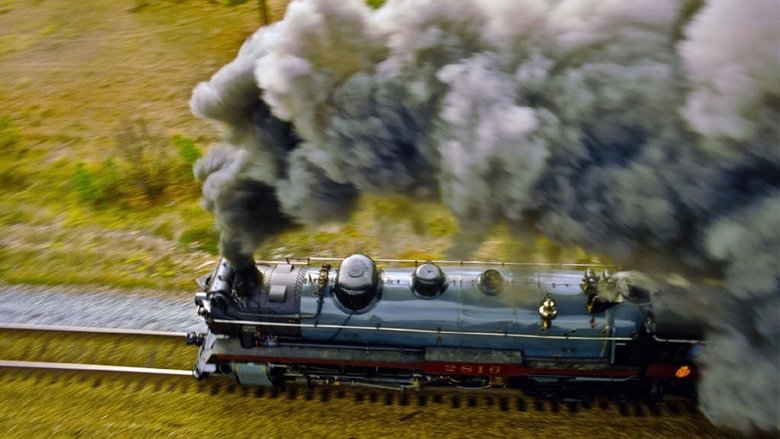
A history of the nation's first transcontinental railway accompanies a steam-train ride through the Canadian Rockies.
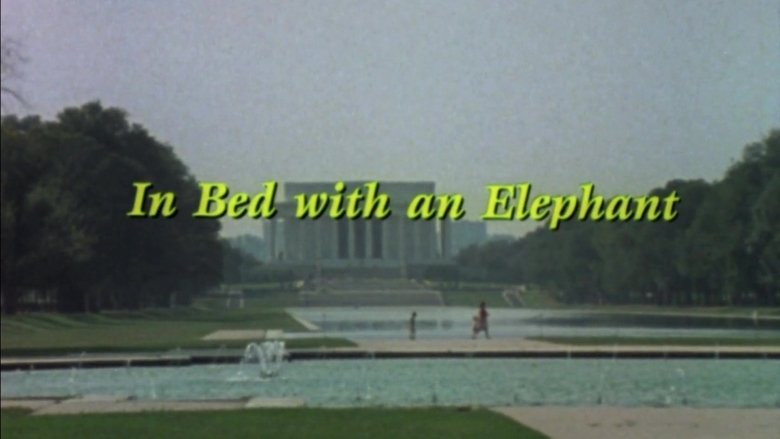
This feature documentary provides a gripping retrospective of United States-Canada relationships through a study of successive presidents and prime ministers. Using archival film footage, it demonstrates that Canadian prime ministers, from John A. Macdonald down, all began their tenures by making overtures to their American counterparts. Attitudes and outcomes have varied widely. The almost comic antipathy between Kennedy and Diefenbaker, for instance, is as palpable here as is the folksy camaraderie of Reagan and Mulroney. Part four of Reckoning: The Political Economy of Canada series.
This Traveltalk series entry visits the easternmost area of the province of Nova Scotia, Canada. We learn that although the island was originally settled by the French, most of the island's inhabitants are of Scottish descent. We are also told that the main industries of the island are agriculture, fishing, and mining. After a look at Bras d'Or Lake, we visit the village of Baddeck. Near there is the grave of Alexander Graham Bell, the inventor of the telephone. The last stop is the industrial city of Sydney, home of steel plants, foundries, and coal mines.
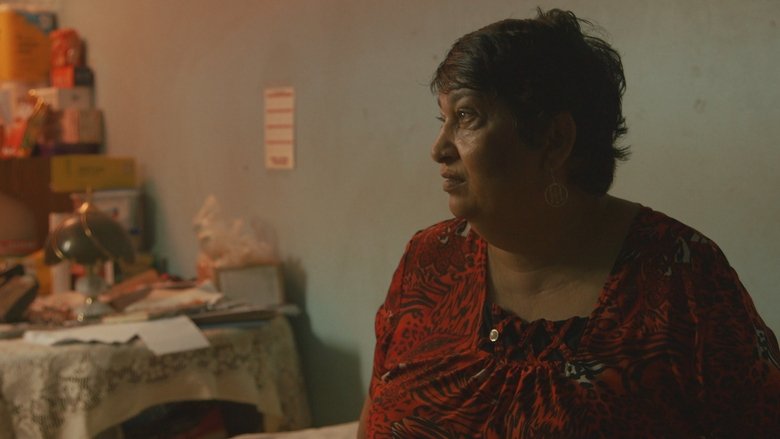
A short documentary about gentrification and tenant activism in one Toronto neighbourhood, "This House Is Not A Home" presents a poignant and informative look into resident experiences in Parkdale.
Moving Day tells the story of the people who were left outside – quite literally – during a global pandemic. With the rise of Covid-19, shelters closed, jobs were lost, and homelessness in "Victoria B.C." (unceded L'kwungen Territories), swelled. A community formed in the city’s biggest park and as they learn of an ambitious plan to house everyone by March 31, 2021, uncertainty in the park, and in their lives mounts.
A collaboration between acclaimed Canadian documentary filmmakers Nik Sheehan (FLicKeR, No Sad Songs) and Albert Nerenberg (You are What you Act, Laughology), Who Farted? is the world’s first climate change documentary comedy — and hopefully not its last. Who Farted? suggests that understanding our place in nature is essential to our continued existence as a species. If we can’t deal with our own flatulence, how can we hope to comprehend the looming climate catastrophe? Are farts malevolent? Disgusting? Beneficial? Hilarious? What exactly is a fart? And how much does animal flatulence truly contribute to runaway climate change? From antiquity’s first fart joke to the ubiquitous whoopee cushion, the act of flatus both amuses and dismays... and now may contribute to civilization’s demise. Who Farted? is a frightening, illuminating, and funny journey through the absurd reality of 21st Century human survival.
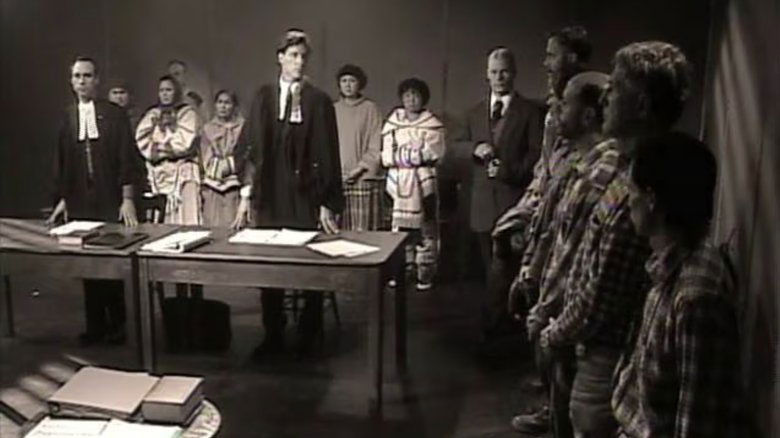
It is taking decades for Canada to come to terms with its history in the Arctic, and with its relationship to all its indigenous people. “Kikkik” is the story of government mistakes and neglect, of starvation, murder, freezing death, but, in the end, a kind of justice that helps restore our faith in human decency. In 1958, the Inuit woman Kikkik was charged with murder and criminal negligence leading to the death of her child. Her trial and our visit back to the place and to Kikkik’s children confront us with a legacy that’s still a challenge for Canada.
A day in the life of 91.1, Nuxalk Radio, a radio station built to help keep the Nuxalk language alive while broadcasting the laws of the lands and waters.
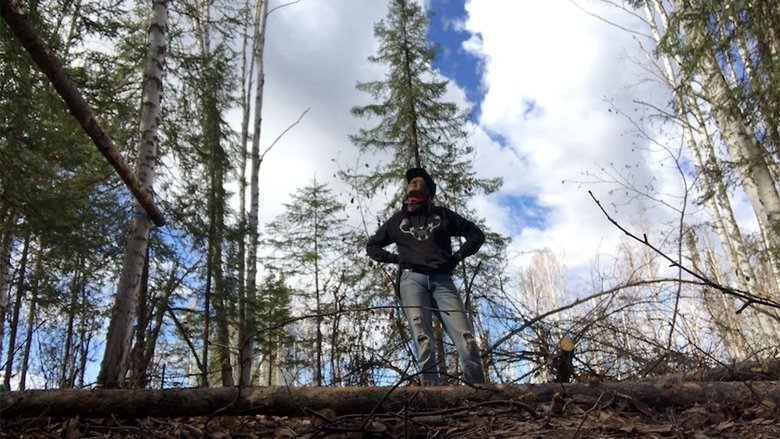
Filmmaker/activist Melaw Nakehk’o has spent the pandemic with her family at a remote land camp in the Northwest Territories, “getting wood, listening to the wind, staying warm and dry, and watching the sun move across the sky.” In documenting camp life—activities like making fish leather and scraping moose hide—she anchors the COVID experience in a specific time and place.

Thursday shot from filmmaker Galen Johnson's high-rise apartment during COVID-19 “lockdown” in Winnipeg, captures people going about their daily routines in the city's eerily empty streets, yards and parking lots, on their balconies and on the riverbanks. The extreme distance and the diminutive scale of humans is paired with sound close-ups—a combination that embodies the strange, heightened intensity of feeling of the time, knowing an era-defining tragedy is happening yet being so physically removed.
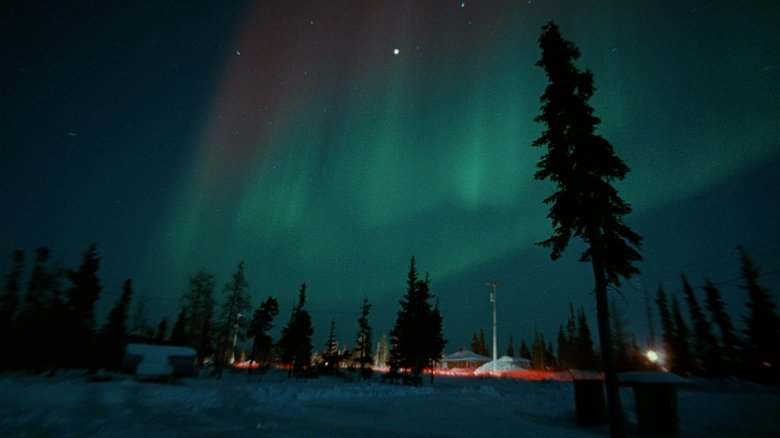
A documentary of an expedition to Churchill, Manitoba to film the Northern Lights.

A true Canadian iconoclast, acclaimed transgender country/electro-pop artist Rae Spoon revisits the stretches of rural Alberta that once constituted “home” and confronts memories of growing up queer in an abusive, evangelical household.